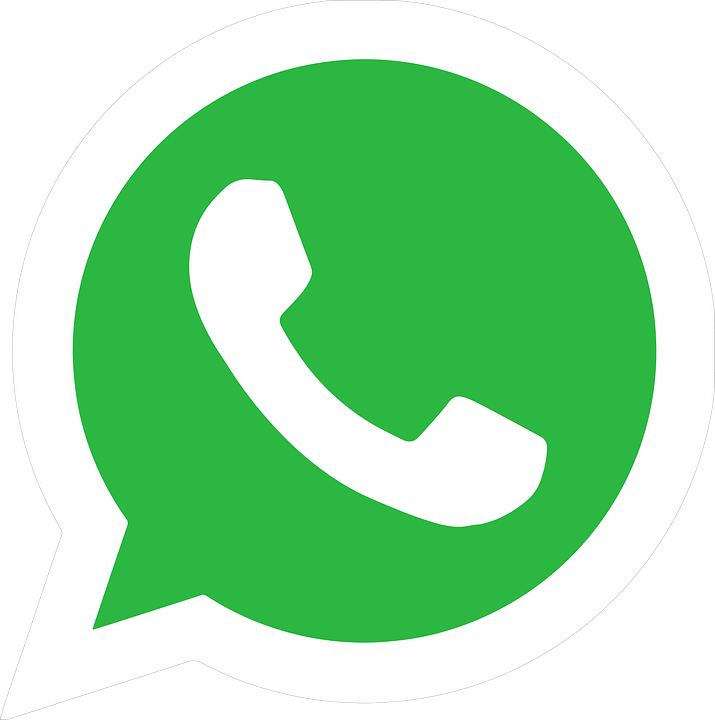
Specific Tips To Speed Up Otoplasty Recovery
Ear correction surgery also known as otoplasty is one of the most common cosmetic surgeries. It is specifically designed to alter the shape, size, position and proportion of the ears.
Ear correction surgery also known as otoplasty is one of the most common cosmetic surgeries. It is specifically designed to alter the shape, size, position and proportion of the ears. Even a child as young as five years old can undergo this surgery provided his ears are fully developed. This is the only surgery which can be performed on minors safely with their parents consent. A board-certified and experienced surgeon can suggest this surgery if:-
- Your ears are not well-proportioned with your face and head
- You have some birth defects
- You met with an accident or have injury or have burnt your ears
- You have structural defect like lop ear or shell ear
Ear cosmetic surgery is comparatively safe and simple than other cosmetic procedures. Your surgeon will customize the procedural technique depending upon your need and the kind of correction you need. Typically, the procedure will take two hours and you will be allowed to go home on the same day as it is an outpatient procedure. Since your surgeon understands the fact that every patient is unique and their body responds differently therefore it is extremely crucial that you adhere to all the instructions that your surgeon gives in order to ease your recovery period. This will not only make your recovery smooth and quick but also will reduce the chances of complications and risks.
Here are some general recovery tips that will help you to acquire the optimal results.
1 Don’t touch or rub the ears
During your recovery period you might have an itching sensation or you might feel uncomfortable due to dressing or headband. However, you need to avoid touching or rubbing your ears frequently either consciously or accidently. You must be thoughtful of your surroundings so that you don’t graze your ears even accidently. It can not only cause pain and irritation but can also damage the incisions and new ear position.
2 Make sure to wear the headband
After the surgery, your ears will be covered with dressing, which will be removed after seven days. Then, your surgeon will guide you to wear a broad headband that will cover your ears completely. Initially, you are supposed to wear it day and night. After two weeks, depending upon your recovery, he may advise you to use it during night only. This headband is specially designed to protect your ears from accidently bumping or bent, also from itching or catching them with a hair brush. This also prevents your ears from getting any kind of infection. Therefore, you must wear it and keep it clean just as your surgeon instructed.
3 Refrain from smoking
Certainly, your surgeon advises you to quit smoking at least six weeks prior to your surgery. You should also refrain from it after the surgery for a month at least. Even you should avoid being a passive smoker as it can delay your healing process and increase the risk of having post-complications.
4 Don’t be nervous if your ears are numb or have fluid discharge
It is quite normal that you experience some changes in sensation in your ears after the surgery. You may have numbness which means you have to be extra mindful to avoid any sort of injury. Also, there are chances that some amount of fluid comes out of your ears. It can be thick and dark. You should only clean the external area with a cotton swab. In case the discharge is excessive, you must consult your doctor at once.
5 Your sleeping position
Your surgeon will guide you to keep your head more elevated than normal routine while sleeping for the first few weeks after the surgery. This will help you to have comparatively less swelling. This will reduce the risk of excessive redness and inflammation.
6 Don’t scratch your incision line
It is quite common that you have itchy sensation at incision lines while recovering. Usually, itchiness is believed to be a sign that your wounds are getting healed. So, in order to prevent the possible damages, try to avoid scratching your ears.
7. Avoid being in direct sunlight and in extreme temperatures
You should try to avoid being in sunlight for long as it may harm your treated area. As your ears will be numb for some period, you should use ice packs in a moderate manner to avoid having frostbite. Also, heating styling tools like blow dryers should be avoided so that you don’t burn your ears accidently.
8 Maintain a healthy diet
You will be suggested to have a soft diet after the surgery then move to a solid diet. You need to consume a well- balanced diet so that your recovery process can be faster. You must have nutritious and vitamins rich food and also a sufficient amount of juices and water. You should avoid preservative items and junk food to avoid digestive issues.
9 Hair wash
During this surgery, your surgeon will work on your ears which are quite close to your hairline, so it is quite obvious that you will not be able to wash your hair for some days after the surgery. Hence, you should wash your hair the day before your surgery so that you can feel relaxed at least for some days.
For the first week following the surgery, you should avoid washing and shampooing your hair and using any other hair products that have chemicals as these can give you irritation at the incision line and hinder your recovery.
10 Choice of clothes
You should use button down shirts or zippers which are easily removable without having any contact with your ears. This will help you to avoid knocking your ears and damaging your treated area that is possible if you wear shirts pulling over the head.
11 Adherence to the medication
Your surgeon will prescribe you some pain-killers and anti-inflammatory pills. You need to make sure that you take all the medicines as directed without fail. He will also provide an ointment to apply on the treated area of your ears. This will help to minimize scars and to heal the wounds so ensure that you apply it as directed by your surgeon.
12 Avoid rigorous activities and contact sports
In order to recover properly, you must give appropriate time to your body. During this time, you should avoid all the strenuous activities and exercise. Most importantly, you should not participate in any contact sport like swimming for at least 1 to 2 months.. You must also refrain from playing any wind instrument if you do. If your child is a patient then it is your responsibility to make him understand the importance of avoiding all these activities.
13 Having realistic expectations & being patient
You must develop the most realistic approach for the surgery results. Your surgeon can guide you with the anticipated results. Then after the surgery, you have to have patience as the healing process will take time. You may immediately notice some changes in the shape and position of your ears. However, you will be able to see the end results after getting healed properly which might take up to 8 weeks.
Conclusion
The most crucial part to undergo ear surgery and get recovered without any complication is to choose your surgeon. You must ensure that you are going under the knife of a board-certified and well-experienced surgeon. Then you can rely on him and his team completely and follow their instructions from the first day of consultation to the day when you achieve your desired results. His skills and expertise will help to get the best possible results. Here, you can get in touch with an expert from your own city through our website and have the most realistic ideas for otoplasty.


Comments
Login & Write comment